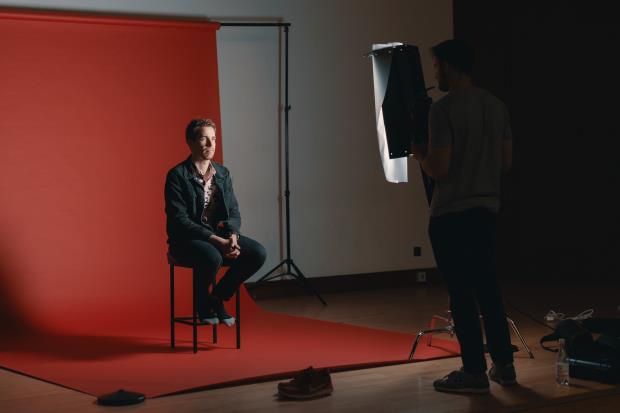10 questions to ask at the end of every job interview to leave a good impression
Friday, June 8, 2018

You’ve nailed the competency based questions and impressed them with your knowledge of their company. You are on the home straight when they ask, “Any questions? And your mind goes blank.
The quick and easy practice of preparing questions to ask often gets overlooked in interview prep but the questions you ask at the end of an interview are just as important as what you say during it. Having a few go-to questions lets your interviewer know you've put some thought into joining their organisation. More importantly, asking the right questions will give you real insight into your potential company and help you evaluate if the job is right for you.
Not asking anything indicates that you’re not especially interested in knowing more and that you may not be taking the job opportunity very seriously. Some employers automatically reject candidates who don’t have questions because they don’t seem sufficiently interested in the role.
It's a good idea to have 2-3 questions ready up your sleeve, to make the process less nerve-wracking. These are some of our suggestions:
- How do you see this company evolving in the next 5 to 10 years?
By asking this question, you let employers know that you’re interested in the future of the company and care about how your professional growth aligns with the company’s growth.
- What kind of professional development programs does the company offer?
This question lets them know you want a long-term career, not just a job for the here and now.
- What are the biggest challenges I would face in the first 6 months?
This question demonstrates that you’re already strategizing about how to deal with the inevitable challenges you’ll face and highlight to the interviewer that you’re a problem solver.
- What other person (or department) will I be working most closely with and can you tell me more about that relationship?
This question gives you some context around the position and department to which you’re applying. Your employer may communicate any past issues or processes between your role and other team members or departments that need improving.
- What are the biggest challenges faced by your company today?
Their answer to this question should give you a real sense of what they feel is most needed in their business. Answers to this question will help you understand what your job will entail and give you the opportunity to explain how you could tackle their main pain points.
- What do you like the most about working here?
This question provides an opportunity to get personal with your future employer and allow them to talk about themselves. Hopefully they will give you a personal answer and give you real insight into the company and their personality.
- How do you evaluate success?
By asking about KPIs early, you can learn more about the company’s priorities and how your performance would be assessed if you were to get the job.
- What makes you different from your competitors?
This is a good question to ask because companies want to see that you are diligent enough to do your research in advance of the interview and have a genuine interest in the field you are moving into.
- I know one of your company values is [value here]. How does that manifest itself in the workplace?
This question show that you have again done your homework and that you want to work somewhere with integrity. If the interviewer can’t give you a good answer, that’s a clue the organisation may be talking the talk without walking the walk!
- What are next steps?
By asking this question, the rest of the post-interview waiting game can seem a little less stressful. The hiring manager will likely provide a time frame of when you can expect to hear from him or her, which will let you know when you should be following up.